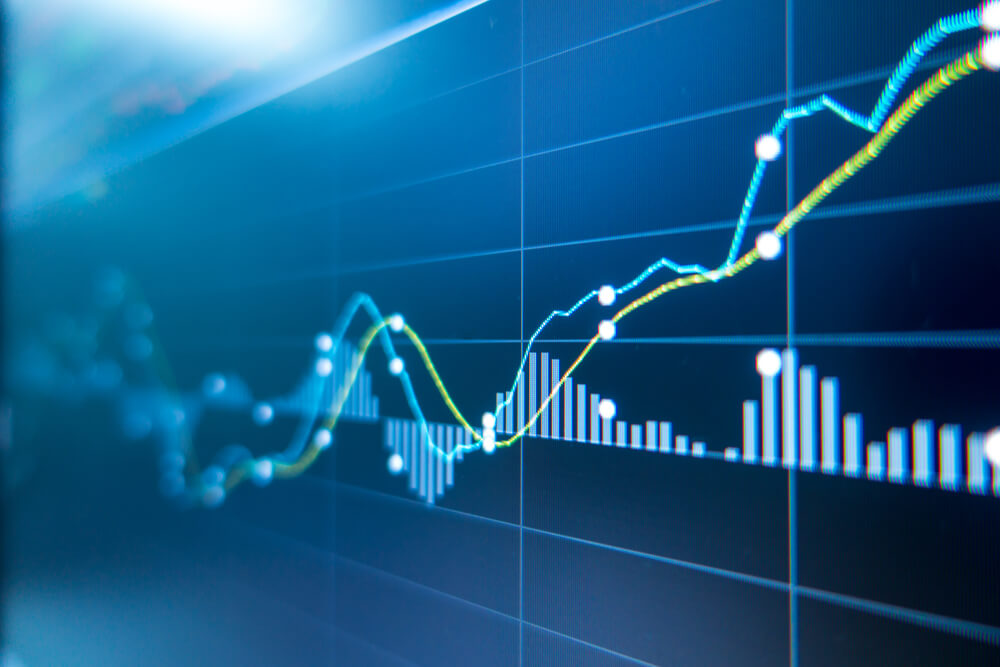IPOs helped boost the market capitalization of the Abu Dhabi Securities Exchange (ADX) by 8 percent in March, according to the Arab Monetary Fund’s monthly bulletin.
According to figures in the bulletin, which tracks the performance of 13 Arab stock exchanges, the market capitalization of the Abu Dhabi Securities Exchange jumped to $740.8 billion at the end of March from $685.8 billion at the end of February or about $55 billion more.
Abu Dhabi National Oil Company (ADNOC), which went public with 5 percent of ADNOC Gas shares in the first week of March, raised $2.5 billion, the largest ever offering on the Abu Dhabi Securities Exchange and globally in 2023 to date.
Read: A potential Aramco subsidiary IPO on Hong Kong’s Stock Exchange
G42 Group’s data analytics firm Precite was 136 times oversubscribed, raising total revenues of about $496 million from its offering on the Abu Dhabi market.
“Arab stock exchanges have continued their efforts over the past month to expand the base of major markets and SME exchanges through new offerings and listings that have supported exchanges and increased liquidity levels in a number of them,” according to the bulletin.

The figures indicate that the Abu Dhabi Securities Exchange and the Saudi Stock Exchange led the gains of Arab stock exchanges after their market capitalization gained more than $125 billion during trading last March.
The Saudi stock market’s gains exceeded $70.2 billion, raising its capitalization to $2.66 trillion from $2.59 trillion.
The market capitalization of the Dubai Financial Market reached $162.3 billion, and the Qatar Stock Exchange was at $162.7 billion.
The market capitalization of Boursa Kuwait was about $147.5 billion, the Muscat Stock Exchange tallied more than $62 billion, the Casablanca Stock Exchange $53.1 billion, the Egyptian Stock Exchange $33.9 billion, and the Amman Stock Exchange $26.5 billion.
Overall, the performance indicators of Arab stock exchanges were mixed in March, with four Arab bourses recording an improvement in their performance indicators, as a result of the increase in the indices of the banking, healthcare, hotels, and energy sectors, which contributed to the improvement in market capitalization and trading value indices.
On the other hand, eleven Arab bourses recorded declines due to drops in the food, retail, and consumer services sectors, which contributed to lower trading volumes in a number of them.
In the same context, the movement of selling pressure made by investors following profit-taking operations for the first quarter of 2023, in addition to the decline in foreign investment activity, contributed to the decline in the performance indicators of a number of Arab stock exchanges during the past month.
The divergence in the performance indicators of a number of Arab stock exchanges was in line with the state of divergence recorded in most global financial markets, and emerging stock exchanges, which were affected by the turmoil that accompanied the bankruptcy and merger of some banks and the results of the Federal Reserve meeting that was announced last month.
It was remarkable that the Beirut Stock Exchange led the Arab stock exchanges, despite the deep distortions suffered by the Lebanese economy and in light of a deepening economic, financial, and monetary crisis.
The Beirut Stock Exchange advanced in terms of the rise recorded in market capitalization, with its index rising by 15.71 percent in March, and at the level of trading value, recording an increase of 251.55 percent. It also topped Arab stock exchanges in trading volumes by about 170.89 percent.
For more on IPOs, click here.








